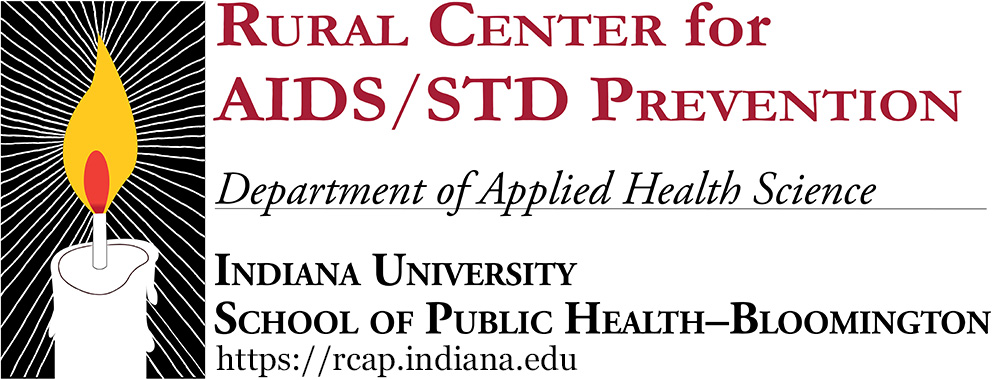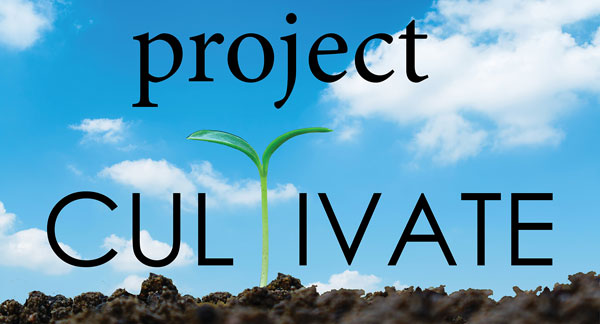"Much like rural America itself, the road to effective HIV/STD prevention and control may be unpaved and winding. Yet, the moral obligation to develop and smooth this road is clearly evident. The challenges are inherently difficult and the available research and financial support are modest at best. Innovative, collaborative responses and solutions are required to contain and reduce HIV and other STDs in rural locations."
– from the RCAP publication Tearing Down Fences: HIV/STD Prevention in Rural America




